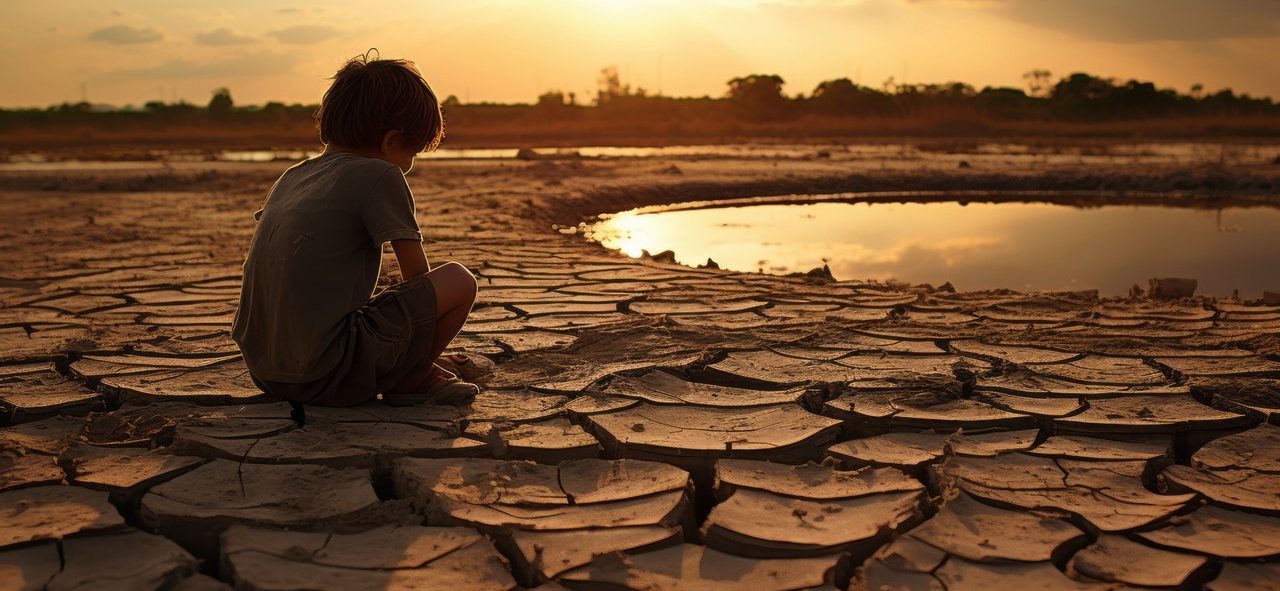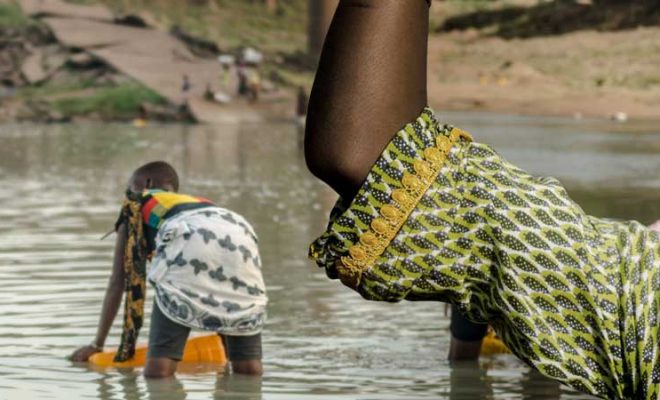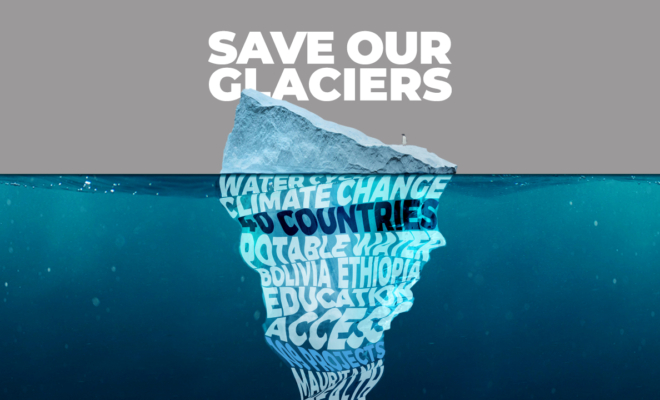
“If we do not reduce greenhouse gas emissions, there will be no funds to pay for the damage.” A few days after taking office, the new European Commissioner for Climate Action, Wopke Hoekstra, summed up with this statement the reality we are facing: there is a close link between mitigation and adaptation. If we do not slow down warming, the rising costs will exceed our capacity to finance the resources for resilience. It is a perverse vicious circle.

No corner of the planet, nor any of its eight billion inhabitants, can escape climate change.© Freepik
COP28 in Dubai comes at a time when society is fed up with the information that continues to flood the media. In contrast, climate data continue to endorse and even exceed the warnings the IPCC has repeatedly issued for over 20 years. According to a recent report by the World Meteorological Organization (WMO), the concentration of greenhouse gases rose to a record level in 2022, reaching for the first time global average CO2 concentrations 50% above those of the pre-industrial era.

According to a recent report by the World Meteorological Organization (WMO), the concentration of greenhouse gases rose to a record level in 2022.© Freepik
Mitigation: putting an end to the chain of failures
The international community needs to make firm and effective decisions, but the international meetings of this past year have not provided reasons for optimism.
The last United Nations Water Conference produced 689 agreements, but unfortunately, none were binding. According to the World Bank, there are no answers to how we will obtain the USD 300 billion that would guarantee planetary water security and quadruple the return of benefits.
Moreover, last summer, the environment and climate ministers of the Group of 20 (G20) met in July without making progress on specific agreements on renewable energies or how to increase climate action funding. It should be noted that the G20, which integrated the African Union this year, is decisive: it represents 85% of the world’s GDP and generates 80% of emissions.

At the subsequent summit in September, the group agreed to accelerate action towards decarbonization, tripling global renewable energy capacity by 2030, protecting and enhancing nature and safeguarding carbon sinks. © vecstock Freepik
At the subsequent summit in September, the group agreed to accelerate action towards decarbonization, tripling global renewable energy capacity by 2030, protecting and enhancing nature, safeguarding carbon sinks, and transforming food systems that account for one-third of emissions. However, the urgency of reforming the international financial structure, which is critical to addressing both mitigation and adaptation, remained another declaration of intent.
Adaptation: What about the loss and damage agreement?
The last COP27 advanced the eradication of ambiguous climate pledges without a precise plan to reduce gases or to measure their results reliably. COP28 should continue along these lines and increase the level of demand.
However, beyond mitigation, the unfinished business of the previous COP27 in Sharm El Sheikh is to advance in the development of the Loss and Damage Fund, a concept the international community has been dragging along since the COP21 in Paris in 2014: those most affected, who are the poorest and those who have contributed the least to climate change, need help, and this must come mainly from the rich countries that are the ones primarily responsible for global warming. As promised in Sharm El Sheik, specific steps towards the agreement should have been taken last July, but this has not been the case.
Wopke Hoekstra and Dr. Sultan Al Jaber, designated president of COP28, have explicitly called for this fund to be set up urgently so that the most vulnerable countries can meet the costs of climate adaptation, a factor that no one denies is fundamental to the global balance.
Introducing climate-resilient seeds, developing appropriate irrigation technologies, monitoring groundwater, and protecting homes and crops from flooding are examples of adaptation actions whose cost is unaffordable for developing countries. Adaptation is also necessary for successful mitigation: the environmental health of tropical areas, where most of the poorest economies are concentrated, is vital to carbon sequestration and water cycle preservation.
Public opinion must understand climate finance as a fundamental tool for fighting famine and curbing migration. This approach must also be an underlying objective of the COP28 meetings.
What can we expect in Dubai?
Conferences of the Parties (COPs) have been held for almost thirty years. During this time, much has changed in the perception of the damage that human action has caused to nature. The last most relevant signed document was the Paris Agreement reached at COP21 in 2014: a pact considered a turning point in the commitment to limit global temperature increase to 1.5 °C above pre-industrial levels and to activate adaptation measures. However, genuinely effective actions have not materialized, and their urgency is increasing exponentially.
To assess the evolution of this last decade, the UN published a report on the evaluation of the Paris Agreement in October. In his presentation, Simon Stiell, Executive Secretary of UN Climate Change, was adamant in admitting failure: “This is no game. We know that, as a global community, we are not on track to achieve the long-term goals of the Paris Agreement, and the window of opportunity to achieve a livable and sustainable future is rapidly closing. There is an urgent need to accelerate.”
Based on WMO data, many scientists wonder whether it is still realistic to maintain the 1.5°C threshold. Dr. Sultan Al Jaber is optimistic: “We must act with ambition and urgency to reduce emissions by 43% by 2030. That is why the COP28 agenda is focused on accelerating a fair and well-managed energy transition that leaves no one behind, solving climate finance, focusing on people’s lives and livelihoods, and supporting everything with full inclusiveness. It can be achieved while creating sustainable growth for all, but we must urgently come together as never before to move from ambition to action and from rhetoric to real results.”

Adaptation is also necessary for successful mitigation: the environmental health of tropical areas, where most of the poorest economies are concentrated, is vital to carbon sequestration and water cycle preservation. © Freepik
Indeed, placing people, lives, and livelihoods at the center of climate action is a tiresome discourse. Humanity is facing an unprecedented crisis, and there is no shortage of words. Experts point out that, as always, the difficulties will be about money. A new financial framework must be established to answer the triple question: Who pays what, and how? COP 28 is perhaps the international conference with the most significant consequences for each individual on Earth. The generosity of those with greater means has never been more effective in saving lives.





